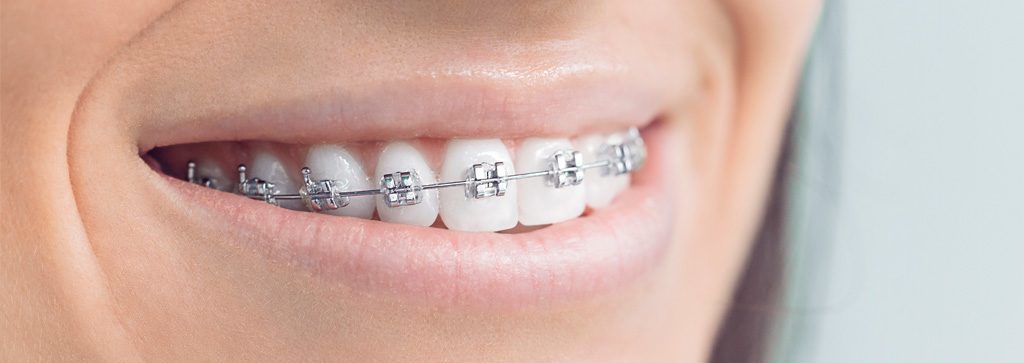Adult Orthodontic Options
Smiles in Progress
It's Never Too Late to Have the Perfect Smile
The American Association of Orthodontists reports that one in five orthodontic patients is over the age of 21. Adults may choose to correct their orthodontic problems not only for cosmetic reasons, but to maintain their health as well.
Types of Braces
Behl Orthodontics offers three different types of braces:
- Traditional braces, which are metal brackets connected by wires on the outside of each tooth.
- Lingual braces, which are “invisible braces” where brackets are placed on the inside of teeth.
- Clear braces, which are usually made out of some form of ceramic material and, as a result, are far more discreet than other types of treatment options that are available.
With these options in addition to Invisalign, we can create an orthodontic plan that will meet your needs.
Am I Too Old For Braces?
Absolutely not. The types of dental issues that braces are known for correcting can occur at any age – even after your mouth and jaw have long since stopped developing. Therefore, getting braces is something that you can do at any point during your life should you choose to do so.

How Long Will I Wear Braces?
One of the most important things to know about braces is that the total length of time you can expect treatment to last will vary depending on the individual. On average, most people usually wear some form of braces for about two years. However, this can increase or decrease depending on the specific issues you’re trying to correct, as well as their severity.
What Can I Eat With Braces?
Overall, there are definitely certain types of foods you’ll want to steer clear from during the course of your treatment. These include any foods that are particularly sticky, for example, with hard candies being a prominent example. Likewise, you’ll want to avoid foods like popcorn that could potentially get stuck in and around the brackets, and you’ll want to stop eating very hard foods like hard pretzels that could cause damage and delay the completion of your treatment.
How Do I Care For My Braces?
Caring for your braces is a very precise process, yes – but it isn’t exactly difficult at the same time. In addition to practicing proper oral hygiene, all you really have to do is make sure that you clear all food particles and other obstructions from in and around the braces after each meal. Usually flossing on a regular basis will help get this particular job done.
The Benefits of Braces
The biggest benefit that adults usually enjoy as a result of braces has to do with improved confidence. Indeed, this is why people typically choose to pursue this option in the first place. Likewise, braces can help correct small dental issues now before they become much bigger and more dangerous ones down the road.
